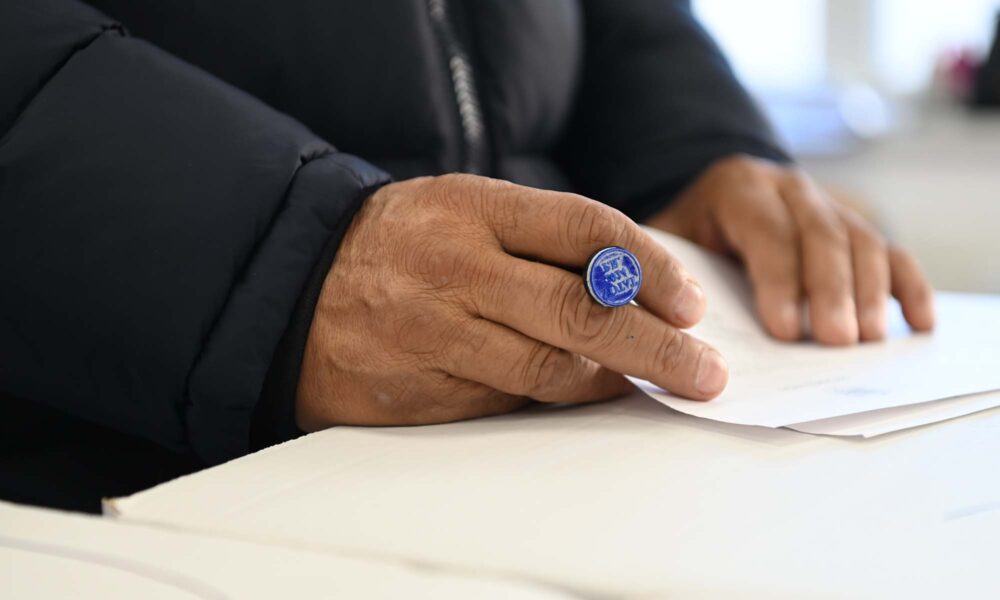Friday, the 13th: how we use superstitions unconsciously

Once again Friday, the 13th, and many then creeps up a somewhat uncomfortable feeling: something could happen – so love not planning anything important. For air trips, for example, these freelancers are more unpopular than others, according to a current evaluation. And not all because there are statistics that show that such a Friday, the 13th, has a higher pitch and dangerous potential; This is proven, for example, data from insurers.
On the one hand, this is a longer story, but on the other hand it is quite simple: In the Christian western world, the fear of number 13 is connected to the last sacrament and the 13 people at the table, and Jesus was revealed on a Friday. Later the 13 released itself from this context and was generally considered unhappy.
Friday as a « execution day » in many European countries additionally strengthened superstitions, explains US psychologist Stuart Vyse in an interview with the American Psychological Association (APA). Anyone who believes that it is actually about reducing uncertainty and gaining a feeling of control, according to the author of several books on the subject of superstitions: If something bad happens, you have expected it.
The American expert Stuart Vyse distinguishes two types of superstitions: the superstitions and the personal or personal. Photo: Shutterstock
In other words: if superstitious has an accident on a Wednesday, the 11th, it is unlucky, on Friday, the 13th, the date is to blame for her. « Superstition is a faith or a practice that contradicts our scientific understanding, » says Vyse. It is either about gaining happiness or avoiding misfortune. In other words, to bring about something good or to avoid bad things.
Glückschlips for good feeling
It distinguishes two types of superstition. There are superstitions brought up and superstitions taken over by cultural influences. For example, the fear of black cats to go through and the number 13. Then there is still personal superstitions, which is acquired individually and mostly by attempt and error, says Vyse. There are examples like the lucky sweater of several football coaches, or the pen with which you wrote all the class work. They give a feeling of security in situations in which we do not have full control, but the result is of great importance for us.
Stuart Vyse gives an example: If you wear a new tie and perform a great performance during a presentation, maybe wear this tie every time you have to keep a presentation – because you feel that the tie has special properties. « There is no magic that ensures that a tie is helpful in a practical sense, » says Vyse, « but it probably has a psychological value that you can simply feel better the moment you wear it. »
A conspiracy myth once cost thousands of Luxembourg life
And the number 13 can also do that. For Taylor Swift it is a lucky number. « I was born on a 13th and became a Friday, which 13. 13, » she explained in an interview and leads a number of examples in which the number 13 was somehow associated with success: « If the number 13 arises somewhere in my life, this is always a good thing. » That’s why she always painted a 13 on the back of the hand before concerts. And we all have no reason to worry. Also a good thing.







